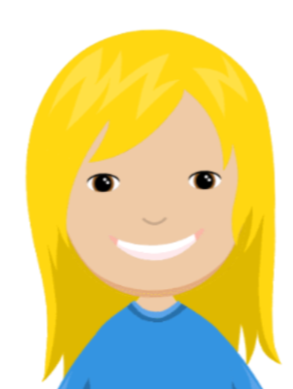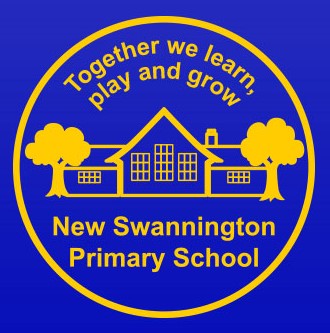EYFS Curriculum

Mrs Hall
Hi, my name is Mrs Hall and I am the Early Years Lead at New Swannington Primary School.
Four guiding principles shape our practice in EYFS:
- every child is a unique child, who is constantly learning and can be resilient, capable, confident and self-assured
- children learn to be strong and independent through positive relationships
- children learn and develop well in enabling environments with teaching and support from adults, who respond to their individual interests and needs and help them to build their learning over time.
- Children develop and learn at different rates.
We follow the seven areas of learning and development and the educational programmes outlined in the DFEs Statutory Framework for the Early Years Foundation Stage (EYFS). Our EYFS curriculum is the first chapter in our whole school curriculum journey and lays the foundations on which future learning is built. Our EYFS curriculum is carefully planned to provide a broad and balanced experience for the children and to ensure progression of skills and knowledge based on the non-statutory curriculum guidance Development Matters.
At New Swannington we firmly believe that our youngest children learn best through stimulating, purposeful and creative play activities. Alongside Mrs Sparrow, Mrs Orton and Mrs Walker, our Learning Support Assistants I carefully plan both adult led focussed learning as well as child initiated learning through the activities and resources provided as part of the EYFS continuous and enhanced provision (activities that the children always have access to).
Our learning in EYFS covers 7 areas:
The prime areas are particularly important for building a foundation for igniting children’s curiosity and enthusiasm for learning, forming relationships and thriving:
- communication and language
- physical development
- personal, social and emotional development
- These are strengthened by the specific areas:
- literacy
- mathematics
- understanding the world
- expressive arts and design
Further information about the EYFS Curriculum can be found by using the link below.
www.gov.uk/government/early-years-foundation-stage-framework
In planning and guiding children’s activities, we reflect on the different ways that children learn and support these in our practice. The three characteristics of effective teaching and learning are:
- Playing and exploring - children investigate and experience things, and ‘have a go’;
- Active learning - children concentrate and keep on trying if they encounter difficulties, and enjoy achievements; and
- Creating and thinking critically - children have and develop their own ideas, make links between ideas, and develop strategies for doing things.
Our curriculum is planned to enable children to progress towards the Early Learning Goals.
